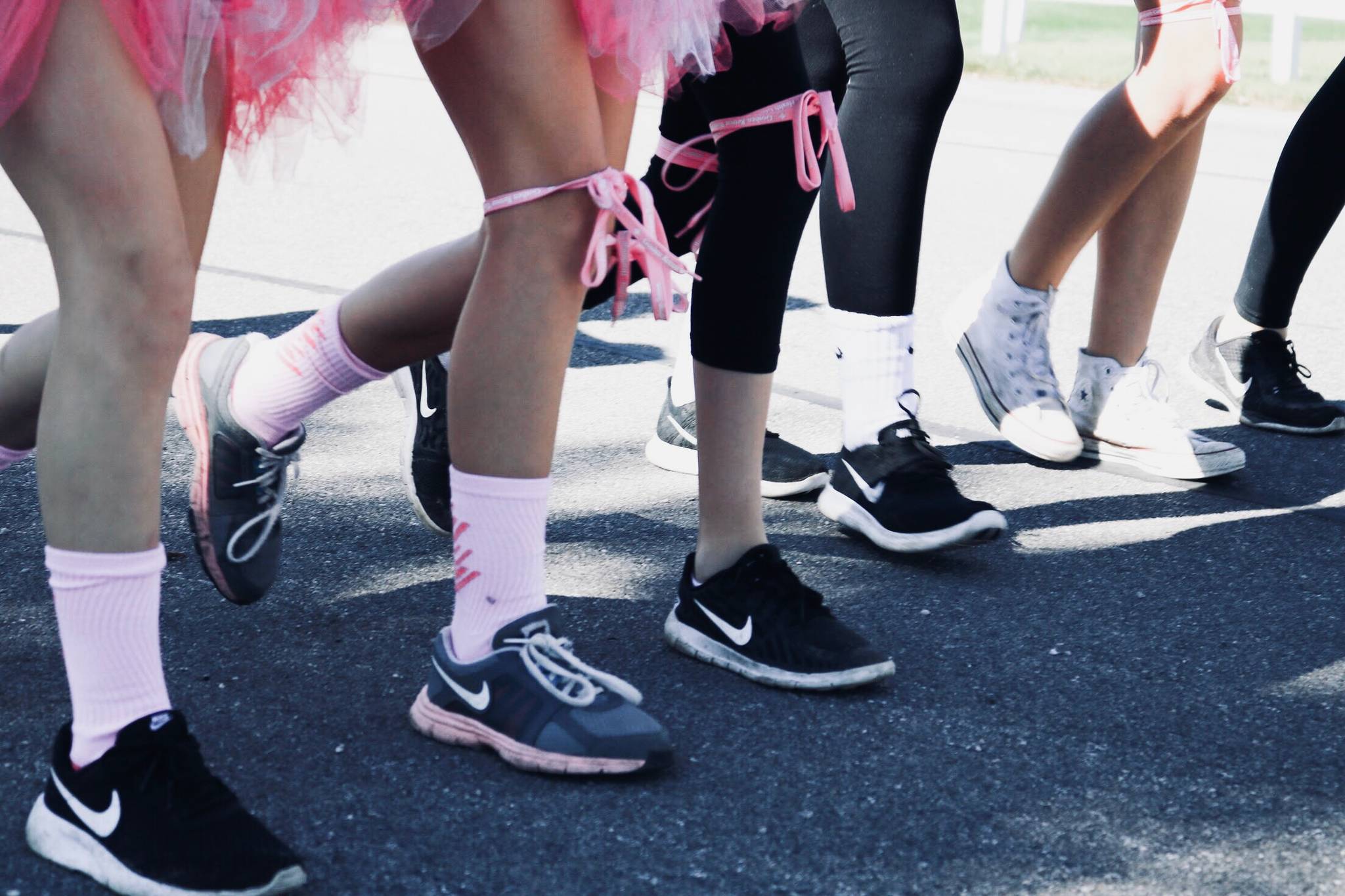Witnessing a national and international justice movement unfolding in front of us makes me think of how cancer, specifically breast cancer, is an environmental justice revolution waiting to unfold. More American women have died of breast cancer in the last 20 years than the number of Americans killed in World War I, World War II the Korean War and the Vietnam War combined. Once a disease almost exclusive to postmenopausal women, breast cancer now strikes young women between the ages of 20 and 40 — especially young Black women — and is the second-leading cause of death after heart disease in American women ages 25–54. An increasing majority of breast cancer cases can’t be explained simply by the known risk factors, such as genetics, diet or reproductive history. Growing evidence indicates that the explanation lies in the environment around us: in the cancer-causing and hormone-disrupting chemicals we are routinely exposed to throughout our lives.
Women of color in the United States suffer from breast cancer disproportionately compared to other groups. Black and Latina women are more likely to die from breast cancer, although the highest incidence is among white women. Breast Cancer Action highlights that the current breast cancer epidemic harms communities unequally and leads to unacceptable differences in who develops breast cancer, gets necessary and timely treatment, or dies of this disease.
In Alaska, epidemiologists estimated that there were 470 new breast cancer cases among women in 2019. Alaska has similar rates of breast cancer compared to the U.S. as a whole. Higher breast cancer diagnosis among Alaska Native women is critical to understanding this disease, which is the leading malignancy among Native people. Female breast cancer is the most common cancer diagnosed among Native women. Alaska Native women aged 40-49 years are nearly twice as likely as white women of the same age range to die of breast cancer.
What many don’t know is that industrial chemicals have been linked to serious health effects including disrupted breast development, difficulty becoming pregnant, low birth weight, neurodevelopmental impairment and harm to the endocrine system that can be linked with certain cancers.
Chemicals in everyday products from pots and pans, furniture, carpets, clothing, food packaging, cleaning products and personal care products present a serious threat to People of Color. The latter is not mentioned nearly enough. Dr. Ami Zota, a George Washington University assistant professor of environmental and occupational health, said “Pressure to meet Western standards of beauty means Black, Latina and Asian American women are using more beauty products, and thus are exposed to higher levels of chemicals known to be harmful to health.”
Environmental Working Group in 2016 assessed 1,200 products marketed specifically to Black women and concluded that fewer products made without hazardous ingredients are available for this group.
We as women and especially Women of Color deserve better. We see the highest mortality rates of breast cancer in Black women and Latinas.
These chemicals are harming our reproductive health, with many of the effects being passed on to future generations as we see our children born pre-polluted. Education and prevention are the keys to winning this fight. But more importantly, we need our government to step up and provide justice by holding chemical corporations accountable with common-sense regulations for testing the safety of chemicals added to products that millions of women and girls use. To women who read this, we invite you to use your voice and tell your story. Demand that these companies stop polluting our bodies and putting our children at risk. We demand environmental justice because we are the women of the Earth, the child bearers, the caregivers and our children’s first environment.
Thank you to the Alaska Run for Women for the many years of support to Alaska Community Action on Toxics and for recognizing the importance of education in preventing breast cancer and protecting the health of women living with breast cancer.
• Samarys Seguinot-Medina, DrPH, MSEM, Boricua living in Alaska & Environmental Health Program Director at Alaska Community Actions on Toxics.
